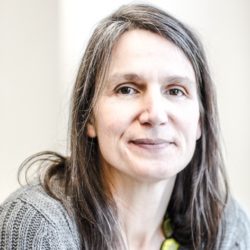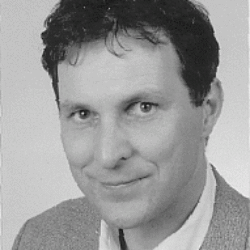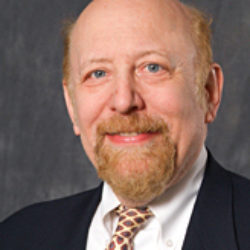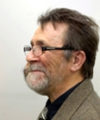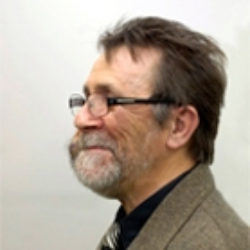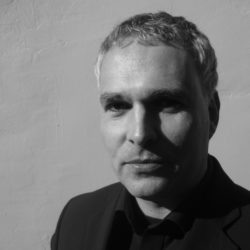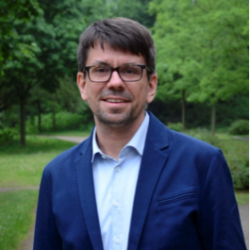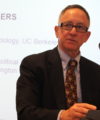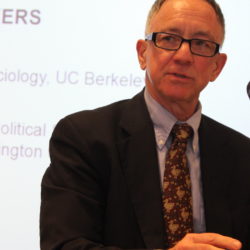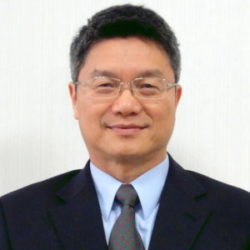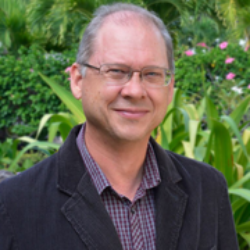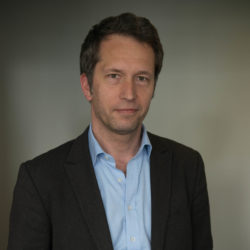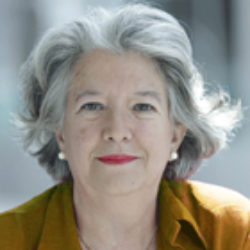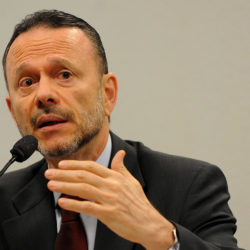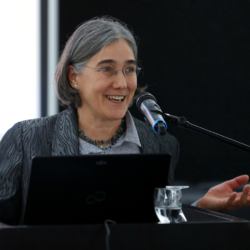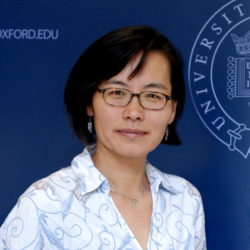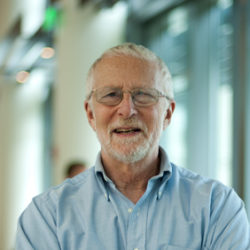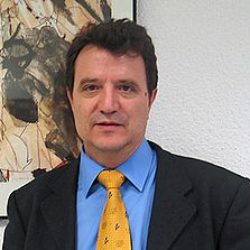2011 – Madrid
Transformations of Contemporary Capitalism: Actors, Institutions, Processes
Theme
Contemporary capitalism appears anything but stable. From the micro to the macro, from the local to the global, almost every element of socio-economic organization and governance is widely acknowledged to be in flux. The boundaries of firms and supply chains; the location of productive activity and the spatial division of labor; the regulation of markets and business transactions; skill formation and working careers; household and family structures; employment relations and welfare regimes: all these are in upheaval across developed and developing economies alike. Yet there is little consensus on how to characterize these transformations or where they are heading. Is globalization leading to convergence of national political economies on a single (neo-liberal) model, the reproduction of historic institutional divergences based on complementarities and comparative advantage, or the emergence of new forms of diversity through local experimentation and hybridization? Have worldwide trends towards liberalization and privatization resulted in a global disembedding of markets, or is a transnational web of rules, incorporating new social and prudential standards, emerging through various combinations of public and private authority at multiple levels of governance? Are new forms of decentralized production and work organization in global value chains leading to greater exploitation and insecurity for supplier firms, employees, and local communities, or do they create new opportunities for individual and collective upgrading of skills and capabilities? Are welfare states being retrenched, dualized, or recalibrated – for example through the provision of better coordinated and more personalized services – in response to new social risks and intensified fiscal pressures?
If the answers to such questions remain uncertain and contested, so too do the causal processes and explanatory mechanisms producing these ongoing transformations themselves. There is widespread recognition that the dominant approaches to institutional analysis – rationalist, sociological, historical – have difficulties in reconciling the complex and differentiated patterns of change emerging from empirical observation of contemporary capitalism with their underlying theoretical assumptions about the stability of institutions, whether understood as equilibria among interests, taken-for-granted norms and scripts, or enforceable constraints. For one broad group of scholars, this problem has spurred a search for specific causal mechanisms capable of accounting for gradual but transformative institutional change, some operating unintentionally and others driven by the shifting interests of powerful actors. For a second group of scholars, it has given rise instead to a focus on the creativity of social actors: their capacity to reflect on their situation, envisage and evaluate alternatives, revise practices and routines, and recombine and recompose institutional resources in response to new challenges. For a third group of scholars, finally, explanations of transformative institutional change are rooted instead in more fundamental socio-economic processes operating behind the backs of the actors themselves, such as capitalism’s relentless drive to open up new markets and circumvent old rules, or the tendency of production under competitive conditions to migrate to locations where living standards and hence wage costs are historically lower.
This year’s conference aims to take stock of current debates on transformations of contemporary capitalism and competing approaches to the relationship between actors, institutions, and processes in their explanation. We welcome both theoretical and empirical contributions, covering a wide range of socio-economic issues, institutional fields, and governance domains, at multiple levels of analysis from the local to the global, across the developed and developing world.
Program co-chairs
Local Organizer
Online program is available here.
Socio-Economics in Spain: An Intellectual Project in a Changing World

Luis Enrique Alonso, Member of XXIII SASE Annual Meeting Local Committee, Universidad Autónoma de Madrid
SASE’s 23rd Annual Conference here in Madrid is an excellent occasion to present a brief and hopefully fruitful reflection focusing on the emerging challenges in the field of socio-economics in both the Spanish academic and political context. My aim is to provide a possible outline for future development in this subject, rather than to illustrate its historical trajectory. Unfortunately, I will not be able to explore the qualitative and quantitative account of the Spanish scholarly production due to spatial constraint.
When looking at academic circles, socio-economics in Spain has historically been divided into several “areas of knowledge”. This is the result of a very strict division of information that was formally designed by the powerful bureaucratic-biased organisation of tertiary education, the university. Over the past thirty years we have seen a diverse group of researchers and scholars, working within the fields of sociology, applied economics, political science and anthropology, make an effort to construct a common space for discussion and debate. This has led to a convergence of various perspectives that in turn have been essential in expanding our understanding of the characteristics found within the development of Spanish socio-economics. In addition we have also seen specific approaches that have sought to explain the general dynamics related to the organization (or disorganization) and regulation (or deregulation) of capitalism.
Therefore, it does not come as a surprise that most of the more distinctive Spanish contributions to this field have focused mainly on a deep analysis of the Spanish development model, using the key categories of socio-economics. Their research and evaluation of the ongoing changes in the Spanish system have also featured a theoretical background based on both classic works and recent novelties in the international academic debate.
Download Full Paper (pdf)
Travel Grant and Graduate Student Stipend Winners
SASE extends warm congratulations to the recipients of this year’s travel grants and graduate student stipends. They were honored at the awards ceremony on Friday, June 24, 2011.
Travel Grants
Jose Santiago Arroyo Mina, Pontificia Universidad Javieriana: “Accesibilidad al régimen contributivo de salud en Colombia: caso de la población rural migrante” and “Qué Ha Pasado con la Discriminación Laboral por Calidad del Empleo en Cali?”
Sherzod Tashpulatov, CERGE-EI: “Analysis of Electricity Industry Liberalization in Great Britain: How Did the Bidding Behavior of Electricity Producers Change?” and “Electricity Industry Liberalization in Great Britain: How Did the Bidding Behavior of Electricity Producers Change?”
Graduate Student Stipends
Ignacio Alvarez, Instituto Complutense de Estudios Internacionales: “Financialization, Capital Accumulation and Wage Growth in the EU-15: The Impact of New Business Strategies”
Carl Gershenson, Harvard University: “What Kind of Problem is International Bribery? Economic Theory and the Regulation of Securities Markets”
Magnus R. E. Gittins, University of Cambridge: “Migrants at the Dovecote: Investigating the Day Labourer Community in Stamford, Connecticut, USA”
Adam Goldstein, University of California, Berkeley: “The Social Ecology of Speculation: Community Context and Non-Occupancy Investment in the U.S. Housing Bubble”
Roi Livne, University of California, Berkeley: “Economies of Dying: The Moral Foundations of U.S. Hospice Care” and “Lost in Translation, Lost in Transactions: Foreign Experts in the US legal system”
Iva Petkova, Columbia University: “Organizational Innovation in Nascent Industries: A Multi – Stakeholder Approach to Creating a Digital Brand in the Fashion Industry”
Sangamitra Ramachander, University of Oxford: “A Framework to Assess Credit Risk in Group Lending with an Application to Rural South India”
Veronica Rubio Vega, Wilfrid Laurier University (Balsillie School of International Affairs): “Worker-Run Factories in Argentina: The Power of Labour in Redirecting Contemporary Globalization”
Special thanks to Lucio Baccaro and Marion Fourcade for their work on the prize committee.



